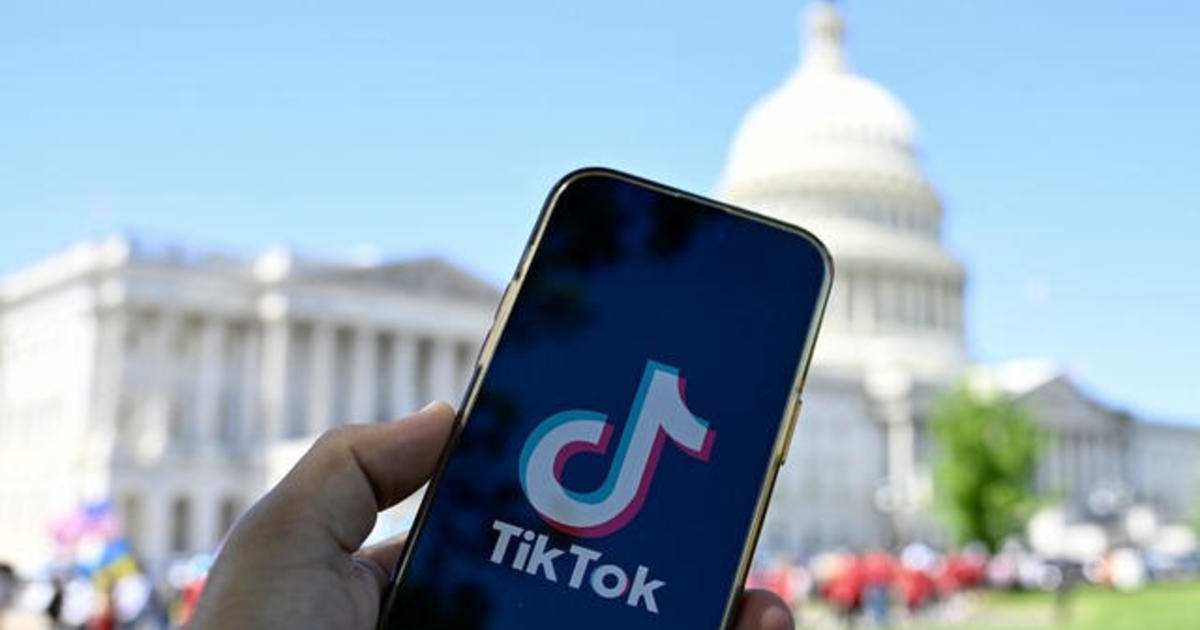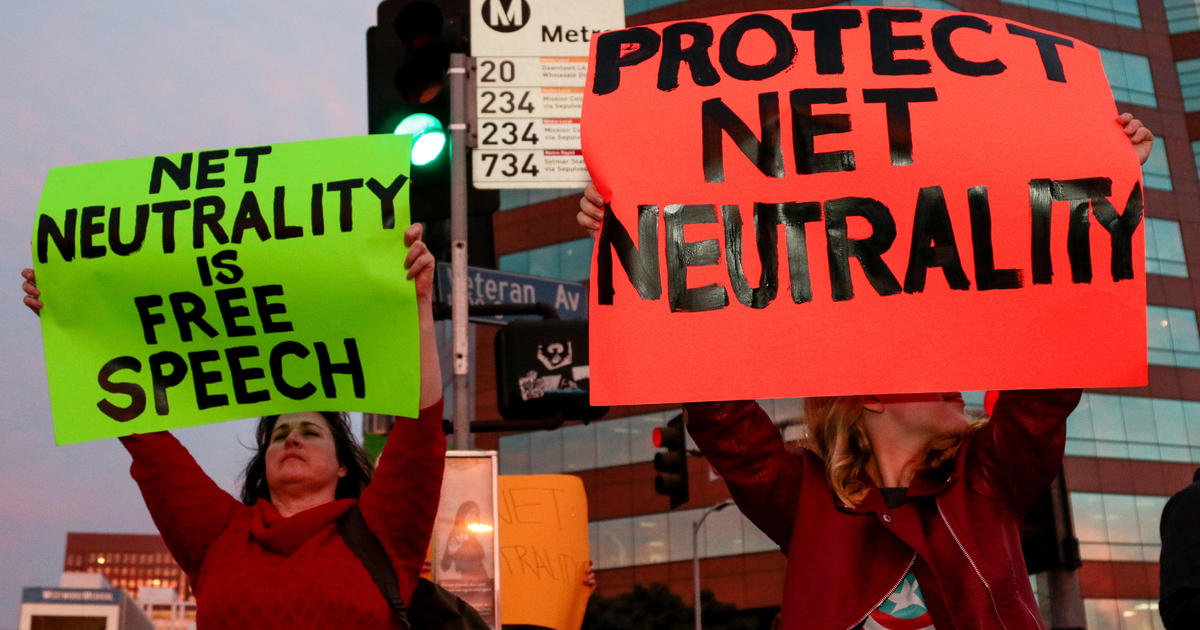How did Uber become such a corporate car wreck?
It turns out that flooring the gas pedal on the way to a $70 billion valuation doesn't come without major speed bumps.
Uber's second-in-command, Chief Business Officer Emil Michael, on Monday became the latest high-level executive to leave the ride-hailing startup. His departure comes as the board of directors adopts a series of recommendations about its corporate culture from former Attorney General Eric Holder, which the service will release to employees on Tuesday. The company has been mum about the future of embattled CEO Travis Kalanick, such as whether it would approve a leave of absence for him.
The troubles tailing Uber raise questions about how a company with a dysfunctional corporate culture was able to earn a lofty valuation that exceeds General Motors (GM) and Ford (F). Amid allegations of sexual harassment and high-profile executive departures, Uber is facing questions about whether it can keep its hold on customers and investors. The hashtag #DeleteUber reflects consumer frustration with the company's practices, such as reports the service profited from surge pricing after the London terror attacks earlier this month.
"Uber is an adolescent brand, but they are dealing with very adult brand problems," said Matt Rizzetta, chief executive at North 6th Agency, a New York-based branding and communications agency. "The first thing they have to do is look at the leadership, and ask if they have adults or adolescents running it."
Some customers would suggest the latter, given reports about 40-year-old CEO Kalanick crassly referring to his corporate success and his growing popularity with women by calling the company "boob-er." In a 2013 memo tied to an Uber corporate gathering, he lamented he would be "celibate on this trip" because of the company's rule about barring sexual relationships between people in different spots in the chain of command. "#CEOLife #FML," he added.
Questions about the company's tolerance of sexual harassment arose in February when engineer Susan Fowler wrote a blog post documenting her experiences at the fast-growing start-up. Her new manager, she wrote, propositioned her for sex.
"Upper management told me that he "was a high performer" .... and they wouldn't feel comfortable punishing him for what was probably just an innocent mistake on his part," she wrote.
Uber is dealing with a host of other issues, ranging from misuse of data to claims it fails to screen out drivers with problematic backgrounds. High-profile cases of drivers assaulting passengers have only added to concerns about the company's internal controls.
There's a link between Uber's sexual harassment allegations and its approach to customer data, Rizzetta said.
"They both speak to some level of hubris and denial, and lack of proper checks and balances," he said. "The most effective way to regain [customer] confidence is through improving their internal practices. We'll hear about it if Uber makes a commitment to improving their internal practices."
Rizzetta said he has questioned his company's use of the service, like many other consumers, in light of the sexual harassment allegations.
"I'm running a business in New York City, almost 50 employees. We have an Uber account, and if staff is working late, we're putting them in an Uber, and we pick up the tab," he said. "I would be lying to you if I didn't say I had second thoughts about that and our own practices, and revisiting our vendor relationships."
Uber's growth may hinge on its corporate overhaul, and whether it can overcome an increasingly negative customer view about its values and standards.
Below are three issues where Uber ended up veering off-course.
Sexual harassment. Fowler's blog post brought pubic awareness to Uber's problems with sexual harassment, but other employees have made similar claims. The company fired 20 employees earlier this month after an internal investigation of 215 human-resources claims by Uber workers over allegations of sexual harassment, bullying and other issues.
Uber investors Freada Kapor Klein and her husband Mitch Kapor wrote an open letter in February about the "toxic patterns" they had noticed.
"Uber has been here many times before, responding to public exposure of bad behavior by holding an all-hands meeting, apologizing and vowing to change, only to quickly return to aggressive business as usual," they noted.
Data practices. The Justice Department in investigating Uber's use of a software tool called Greyball that helped its drivers evade local transportation regulators.
Misusing its data isn't new to Uber, however. Its "God View" feature allowed employees to track the location of Uber customers without their permission, which led to a $20,000 penalty and settlement with New York state.
Driver screening. Questions about Uber's screening process have emerged amid assaults by drivers. The case of driver Jason Brian Dalton, who allegedly shot eight people in Kalamazoo, Michigan. Uber said Dalton passed a background check and that he didn't have a previous criminal history.
Uber agreed to pay at least $10 million last year to settle allegations that it misled passengers about the quality of its driver background checks. About 10 percent of people who applied for ride-hailing services Uber and Lyft failed a background check earlier this year.
Success is measured by more than cash flow, the Kapors noted in their letter.
"As investors, we certainly want to see Uber succeed, but success must be measured in more than just financial returns," they noted. "Current, past and prospective employees will be watching, as will drivers and entrepreneurs and countless others, including these investors."



